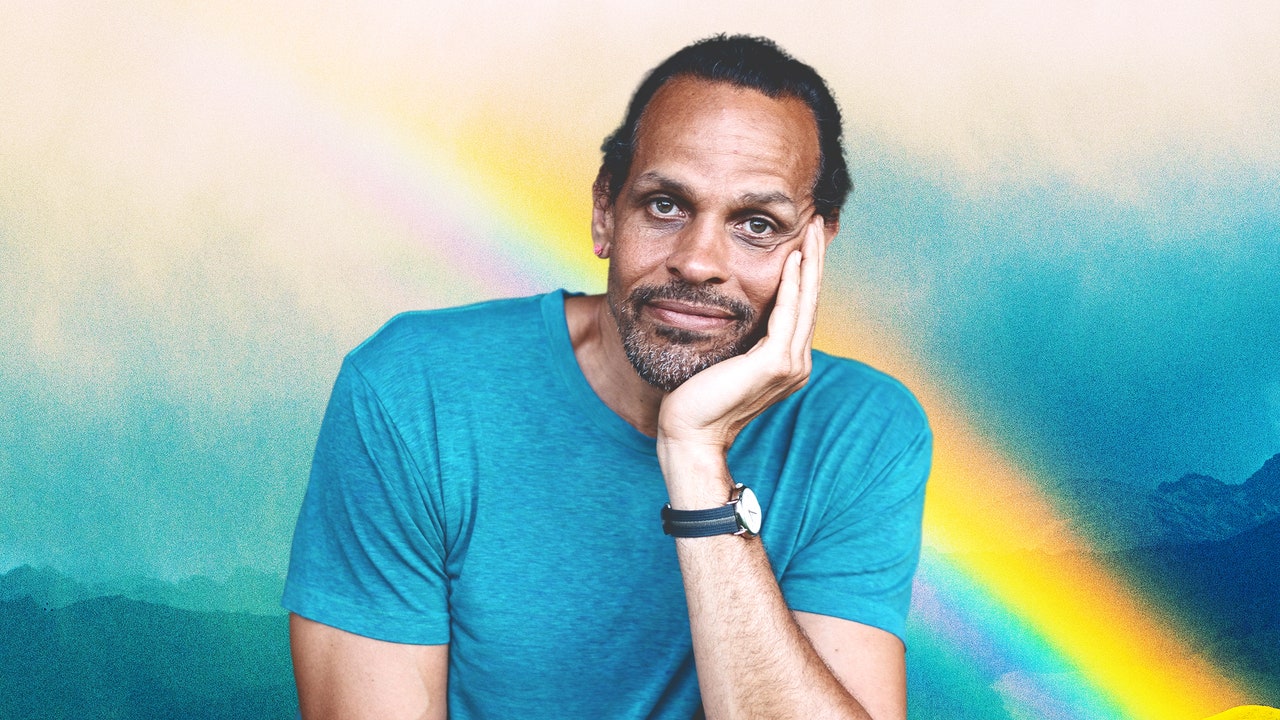
What do you see as the relation between joy and delight?
I’m working this out. I have another Book of Delights coming out, and one of the things I’m trying to do is articulate what are the qualities of these two things. One of the things that I’m noting: Growing up, we were kind of broke and stressed. I would never have called my mother a delighted person. Now, part of the sorrow is that her husband’s dead. But he had good life insurance. So many of the worries that she had in most of her adult life are gone, ’cause her bills are paid. She’s not worried about being evicted. She’s not worried about medical bills. And she’s really fucking delighted, all the time. My mom’s from Minnesota and she says, “Oh boy,” all the time. We’re driving somewhere, and she sees a deer. “Oh boy, oh boy, oh boy.” Which was just not her thing.
So one of the things that makes so abundantly clear is that time, space, resources, et cetera, makes one’s capacity for delight more. If you have time to sit down and look at the bird cavorting with the tree, as opposed to running from that job to your second job, all the while worrying about you gotta get to the doctor’s appointment too…. When I think of the shit that my folks dealt with daily, in ways that I don’t [have to], cause I have a completely different economic situation than them, I just think how exhausting it was. If we know that, it’s our responsibility to try to adequately distribute and share the resources such that we can all share delight.
In one of the essays in the book, you call grief “the metabolization of change.” It feels like, after the pandemic, we have a lot of grieving to do societally, about how things have changed, and we don’t have a lot of public spaces for that grieving. I’ve found myself wondering if that’s where so much of the aggression in society is coming from.
I hadn’t thought about it in terms of social aggression or something like that. But to follow that thread, in that essay, I’m wondering about masculinity. One of the qualities of being trained as a man is to pretend that you’re unmovable. You don’t grieve, you’re not hurt or brokenhearted. It seems to me the result of that is exactly what you’re saying. If we grieve, and have ways of grieving together, we’re more inclined to sort of recognize how joined we are to one another. Grief is terrifying because it’s evidence of our connection to one another. If you start to grieve, one of the worries is that, I’m going to fall into grief. I’m gonna join forever the grieving. I’m going to forever be connected to people. I will no longer be this autonomous, self-determined, self-possessed thing that I’ve always thought was what I’m supposed to try to be. To come back to Pema Chödrön, it’s a groundlessness. The ground I have imagined for myself is that I am distinct, and I will construct all kinds of stories to imagine that I am separate from every single thing. To get rid of that, it’s like the ground has fallen. What are we walking on if we’re no longer discrete little egos?








